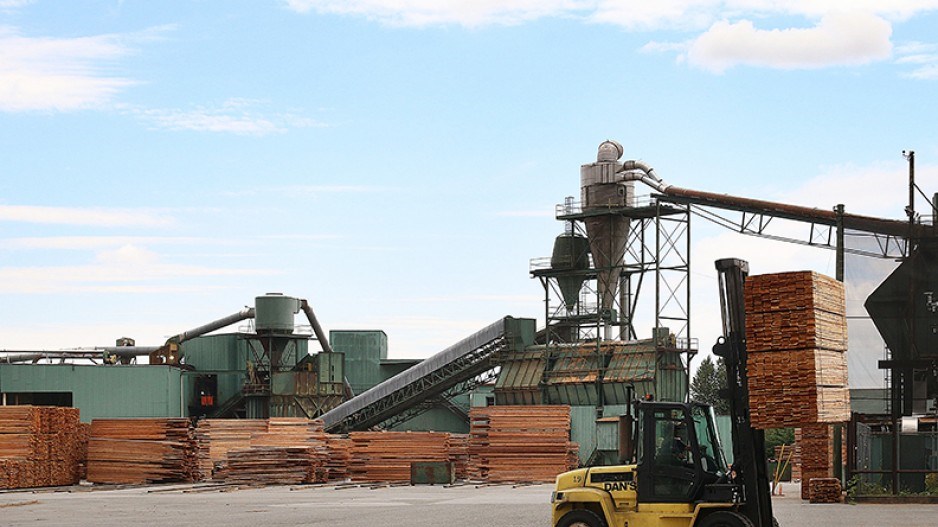Premier David Eby has set the bar very high when it comes to tackling some tough issues, and he spent last week dealing with a thorny problem that will be challenging to address for years.
Eby made three announcements dealing with the struggling forest industry. Trying to get that industry back on its feet in a timely manner seems akin to pushing a very large boulder up an incredibly steep hill.
The forestry sector has been in decline for decades. More than 35 mills in B.C.’s Interior have closed since 2005, and the industry has lost about 40,000 jobs in the last 30 years.
The biggest problem right now is the lack of fibre ― or timber ― supply that is forecast to further decline for the rest of this decade.
The timber supply was ravaged by the mountain pine beetle infestation that began in 2001. Over the course of that decade, the insects would kill half the of the province’s viable pine.
A spruce beetle invasion began in 2012, and it ate up 3,400 square kilometres of trees over the next five years.
Then came the bad wildfire years of 2017 and 2018, when Interior forests were ravaged by a record number of fires.
To protect the remaining stands of timber, the government has greatly reduced the annual allowable cut, which dictates how many trees can be harvested every year. It was reduced to 63 million cubic metres in 2021 and is set to decline to 51 million cubic metres by 2030.
Eby’s announcements last week partly reflected the new reality facing the industry. His government is giving $50 million to a Vancouver Island mill to help it retool its production line to offer different products than traditional paper, and another $50 million to the industry for projects that use waste wood and timber damaged by fires and insects.
There was also another $90 million for forest companies that require new equipment to support new production lines.
The initiatives announced by Eby will help parts of the industry but will likely have little impact on the overall health of the sector.
There will be increasing calls for companies to move away from traditional operations such as milling board lumber and to increase more “value added” production. But some folks have been calling for that shift for years, and with a shrinking timber supply it is not clear that such operations are economically viable, at least on a large scale.
There are more bad times ahead. The deferred logging of 2.6 million hectares of old-growth timber will result in the loss of anywhere from 4,500 jobs (the government’s figure) to more than 18,000 jobs (the industry’s figure).
Add to the mix the volatility of lumber prices and the ever-present threat of U.S. countervailing duties, and the future continues to seem uncertain for what was once B.C.’s No. 1 industry.
As a former millworker myself (well, for one summer) I sympathize with an industry that is struggling so mightily.
Eby has made some interesting moves. Perhaps there will be more moves in the years ahead, but unfortunately we can expect job losses to continue.
Keith Baldrey is chief political reporter for Global BC.




